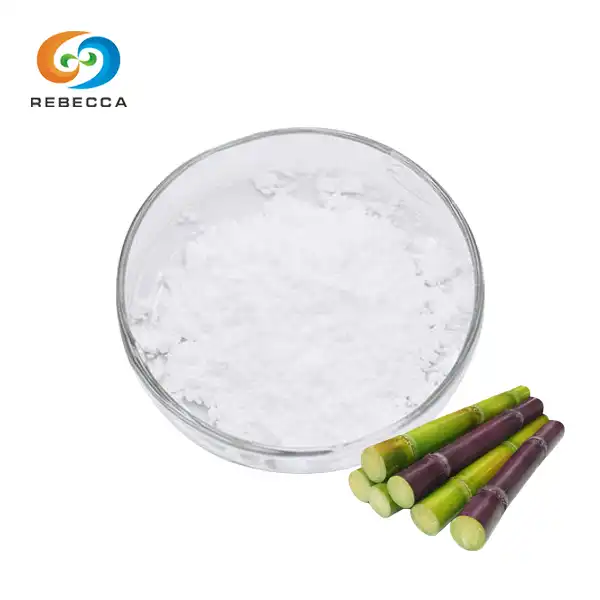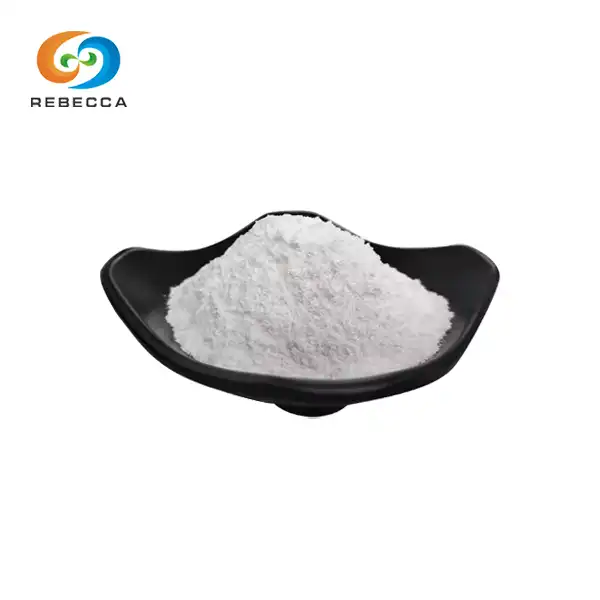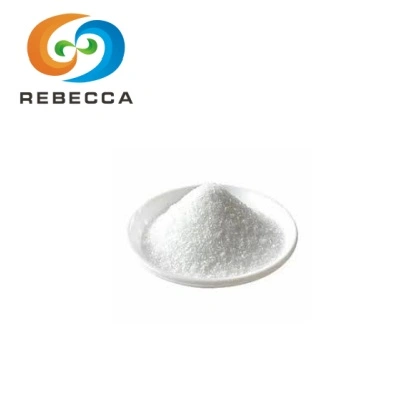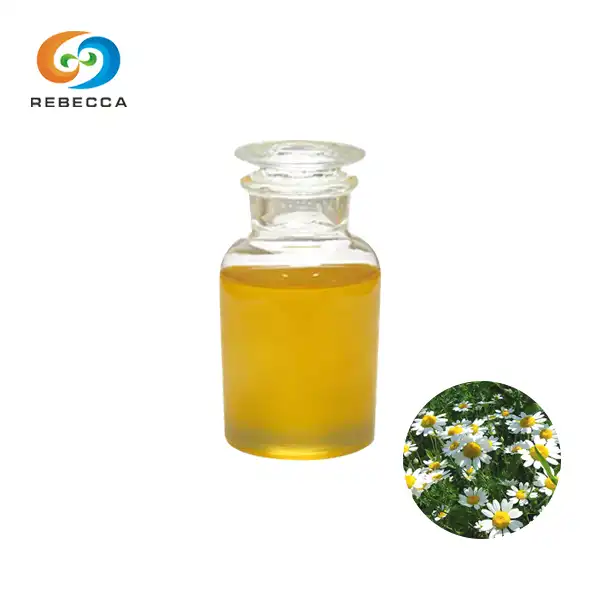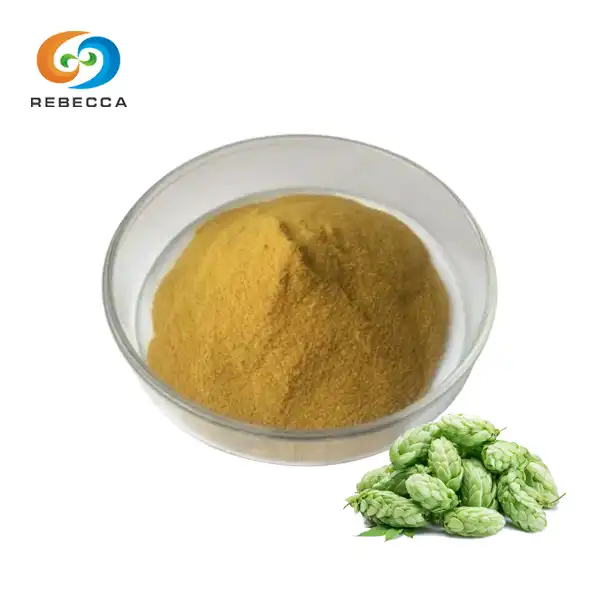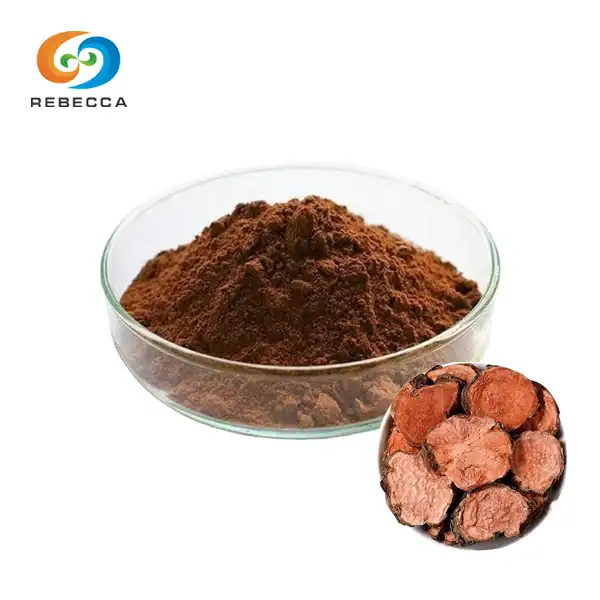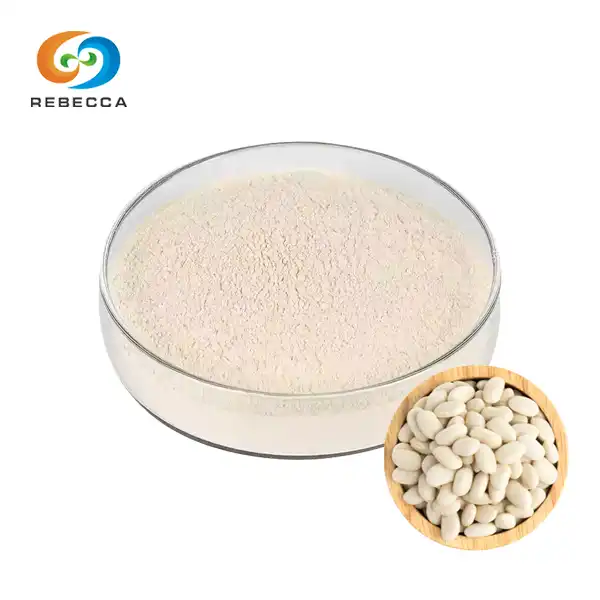Is alpha-ketoglutarate the same as L Arginine?
In the world of biochemistry, various compounds play crucial roles in metabolic processes. Among these, alpha ketoglutarate and L-arginine are often discussed for their significant physiological benefits. However, despite some overlapping functions, these two compounds are distinct in structure and role within the body. This blog post will explore the differences between this compound and L-arginine, highlighting their unique properties and how they contribute to overall health and wellness.
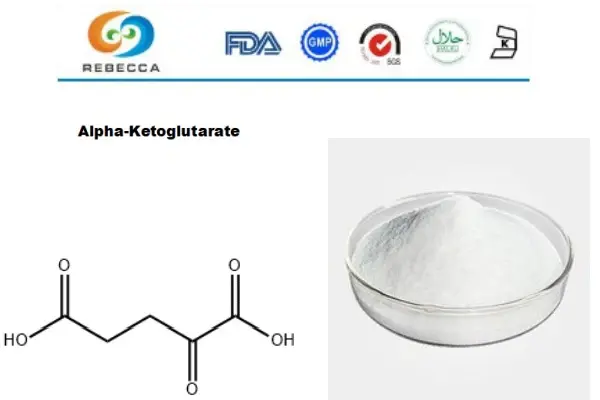
Basic Definition
When delving into the world of biochemistry and nutritional supplements, it's common to encounter various compounds that may sound similar but have distinct characteristics and functions. Two such compounds that often come up in discussions about metabolism and health are alpha-ketoglutarate and L-arginine. Despite their similar roles in the body, these molecules are fundamentally distinct and possess distinct properties and functions.
Alpha ketoglutarate, also known as 2-oxoglutarate or α-ketoglutaric acid, is a key molecule in cellular metabolism. It's a dicarboxylic acid with the chemical formula C5H6O5. This compound is a significant transitional in the Krebs cycle, otherwise called the citrus extract cycle or carboxyl corrosive (TCA) cycle, which is fundamental to energy creation in cells. Alpha-ketoglutarate is normally created in the body however can likewise be acquired from dietary sources or enhancements. The structure of alpha-ketoglutarate consists of a five-carbon chain with two carboxyl groups (-COOH) and a ketone group (C=O). It is able to participate in a variety of biochemical responses thanks to its novel design, particularly energy digestion and amino corrosive combination. Alpha-ketoglutarate is primarily found in the mitochondria of cells, where it is a key component of the Krebs cycle and a precursor for a number of amino acids.
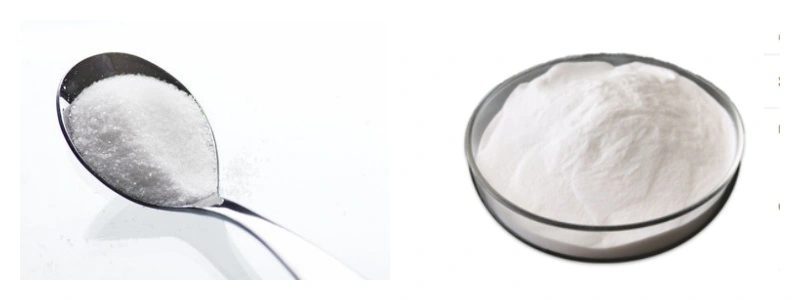
On the other hand, L-arginine is an amino acid, specifically one of the 20 standard amino acids that are used by cells to synthesize proteins. Its chemical formula is C6H14N4O2. L-arginine is classified as a conditionally essential amino acid, meaning that under normal circumstances, the body can produce sufficient amounts. However, during periods of stress, illness, or rapid growth, dietary intake may be necessary to meet the body's needs. The structure of L-arginine includes a basic side chain consisting of a 3-carbon aliphatic straight chain ending in a guanidino group. Its numerous physiological functions are enhanced by its distinctive structure. L-arginine is found in different protein-rich food varieties like meat, poultry, fish, and dairy items, and it's likewise accessible as a dietary enhancement.
Physiological Function
While alpha-ketoglutarate and L-arginine are distinct molecules, they both play significant roles in various physiological processes. Understanding their capabilities can assist in explaining why they are in many cases examined with regards to wellbeing and digestion.
Alpha ketoglutarate's primary function is in energy metabolism. It is essential in the production of adenosine triphosphate (ATP), the cell's energy currency, as a key intermediate in the Krebs cycle. All cellular activities, from nerve signaling to muscle contraction, depend on this process. In addition to generating energy, alpha-ketoglutarate serves as a precursor for a number of amino acids, including proline, glutamate, and glutamine. It's in like manner related with the detoxification of smelling salts in the body, particularly in the liver and kidneys. Alpha-ketoglutarate's expected job in maturing and life span has been featured by ongoing exploration. It might assist with keeping up with the cells' epigenetic scene, possibly dialing back age-related changes, as per studies. Stem cell function and tissue regeneration have also been found to be influenced by alpha-ketoglutarate, which may have an impact on aging and disease.

L-arginine, as an amino corrosive, has a different scope of physiological capabilities. As a precursor for nitric oxide (NO), a molecule that is essential for vasodilation, blood flow regulation, and cardiovascular health, one of its primary functions is L-arginine is a popular supplement among athletes and people who want to improve their cardiovascular health because of this property. L-arginine is necessary for growth and tissue repair because it is involved in protein synthesis in addition to its role in NO production. It's especially significant in the development of collagen, a vital primary protein in the body. L-arginine also plays a role in the urea cycle, helping to remove ammonia from the body, similar to alpha-ketoglutarate but through a different mechanism. Also, it has been found that L-arginine incites the arrival of development chemicals, insulin, and different chemicals. Because of this property, it is being used in a variety of useful settings, such as wound healing and strengthening one's resistance.
Relationship
While alpha-ketoglutarate and L-arginine are distinct molecules with different primary functions, they do have some interesting intersections in the body's biochemical pathways. Understanding these connections can give knowledge into why these mixtures are frequently talked about together in nourishing and wellbeing settings.
One of the key relationships between alpha ketoglutarate and L-arginine lies in the urea cycle. A series of biochemical reactions is what makes urea, which can be safely excreted from the body, from toxic ammonia. In this cycle, L-arginine is converted to ornithine, releasing urea in the process. Alpha-ketoglutarate plays a role in this cycle by accepting the amino group from glutamate, which is formed from the transamination of ornithine. This process helps to regenerate L-arginine, completing the cycle.
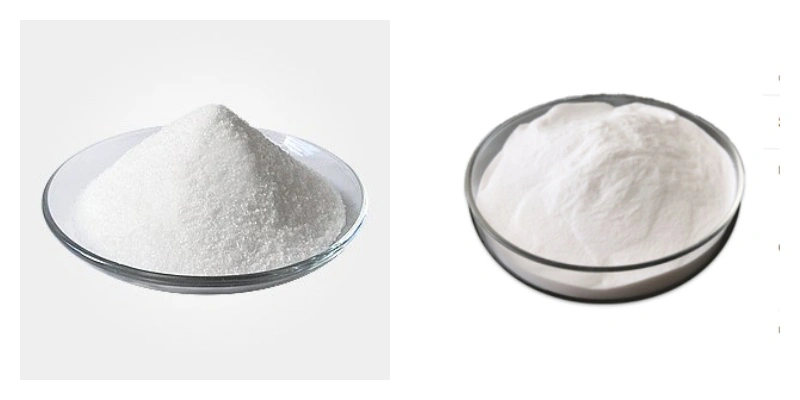
Another important intersection occurs in the production of nitric oxide. As mentioned earlier, L-arginine is a precursor for nitric oxide. Alpha-ketoglutarate has been found to increase the activity of the enzyme that converts L-arginine to nitric oxide, nitric oxide synthase. The presence of alpha-ketoglutarate may enhance the body's capacity to produce nitric oxide from L-arginine due to this synergistic effect. Although in different ways, both substances also play roles in the metabolism of proteins. L-arginine is directly incorporated into proteins during synthesis, while alpha-ketoglutarate serves as a precursor for several amino acids and is involved in transamination reactions that are crucial for amino acid metabolism.
It's important to note that while alpha-ketoglutarate and L-arginine have these interactions, they are not directly interconvertible in the body. Each compound has its unique biochemical pathways and functions, and one cannot substitute for the other in these processes.
Research and Clinical Application
Due to their significant roles in a variety of physiological processes, both L-arginine and alpha-ketoglutarate have been the subject of extensive research. A number of clinical applications and potential therapeutic applications for both compounds have emerged from this research.
Several areas of clinical research have shown promise for alpha-ketoglutarate. One of the most astonishing regions is its possible job in maturing and life span. alpha ketoglutarate oral supplementation increased the lifespan of mice by an average of 12%, according to a 2020 study published in Cell Metabolism. Fur color, spine curvature, and inflammatory markers, among other indicators of aging, improved, according to the researchers. In the field of sports medication, alpha-ketoglutarate has been read up for improving activity execution and recovery potential. Some examination proposes that it might assist with diminishing activity instigated smelling salts aggregation, possibly postponing weariness. Nonetheless, further exploration is expected to confirm these impacts in people. Alpha-ketoglutarate's effects on tissue repair and wound healing have also been investigated. A review distributed in the Diary of Clinical Examination showed that alpha-ketoglutarate supplementation improved collagen creation and sped up injury recuperating in diabetic mice.
Then again, the advantages of L-arginine to the cardiovascular framework have been widely contemplated. Its ramifications for circulatory strain, endothelial ability, and exercise limit have been the subject of different clinical fundamentals. Adults with hypertension who took L-arginine supplements had significantly lower blood pressure, according to a meta-analysis that was published in the American Heart Journal. Sports nutrition research has focused on l-arginine's ability to improve athletic performance. Some studies have shown improvements in exercise capacity and recovery, despite mixed results. For instance, a review distributed in the Diary of the Worldwide Society of Sports Nourishment found that L-arginine supplementation further developed cycling time to fatigue. L-arginine has additionally been examined for its expected in injury mending, especially in instances of tension ulcers and diabetic foot ulcers. An efficient survey distributed in the Diary of Wound Care presumed that L-arginine supplementation could speed up injury mending in these circumstances.
In addition, various diseases have been studied in relation to both compounds. Alpha-ketoglutarate has shown expected in the therapy of constant kidney sickness, while L-arginine has been researched for its true capacity in overseeing conditions like erectile brokenness and toxemia. It is vital for remember that, in spite of the way that these examinations display guarantee, extra exploration is expected to completely appreciate the clinical utilizations of both L-arginine and alpha-ketoglutarate. Before using any supplement or treatment, it is essential to consult a medical professional.

Alpha-Ketoglutarate For Sale
For those interested in alpha ketoglutarate supplements, Rebecca Bio-Tech is a professional manufacturer based in China. With a high yearly result, they are exceptional to meet different creation needs. For additional data about their alpha-ketoglutarate items, closely involved individuals can reach them at information@sxrebecca.com.
References
1. Shahmirzadi AA, et al. (2020). Alpha-Ketoglutarate, an Endogenous Metabolite, Extends Lifespan and Compresses Morbidity in Aging Mice. Cell Metabolism, 32(3), 447-456.
2. Wu G, et al. (2009). Arginine metabolism and nutrition in growth, health and disease. Amino Acids, 37(1), 153-168.
3. Chin RM, et al. (2014). The metabolite α-ketoglutarate extends lifespan by inhibiting ATP synthase and TOR. Nature, 510(7505), 397-401.
4. Dong H, et al. (2017). Alpha-ketoglutarate enhances freeze-thaw tolerance and prevents cardiomyocyte apoptosis through maintaining GSH pool. Frontiers in Physiology, 8, 1010.
5. Bode-Böger SM, et al. (2003). L-arginine induces nitric oxide-dependent vasodilation in patients with critical limb ischemia: A randomized, controlled study. Circulation, 107(25), 3215-3220.
6. Campbell BI, et al. (2006). Pharmacokinetics, safety, and effects on exercise performance of L-arginine α-ketoglutarate in trained adult men. Nutrition, 22(9), 872-881.
7. Stechmiller JK, et al. (2005). Arginine supplementation and wound healing. Nutrition in Clinical Practice, 20(1), 52-61.
